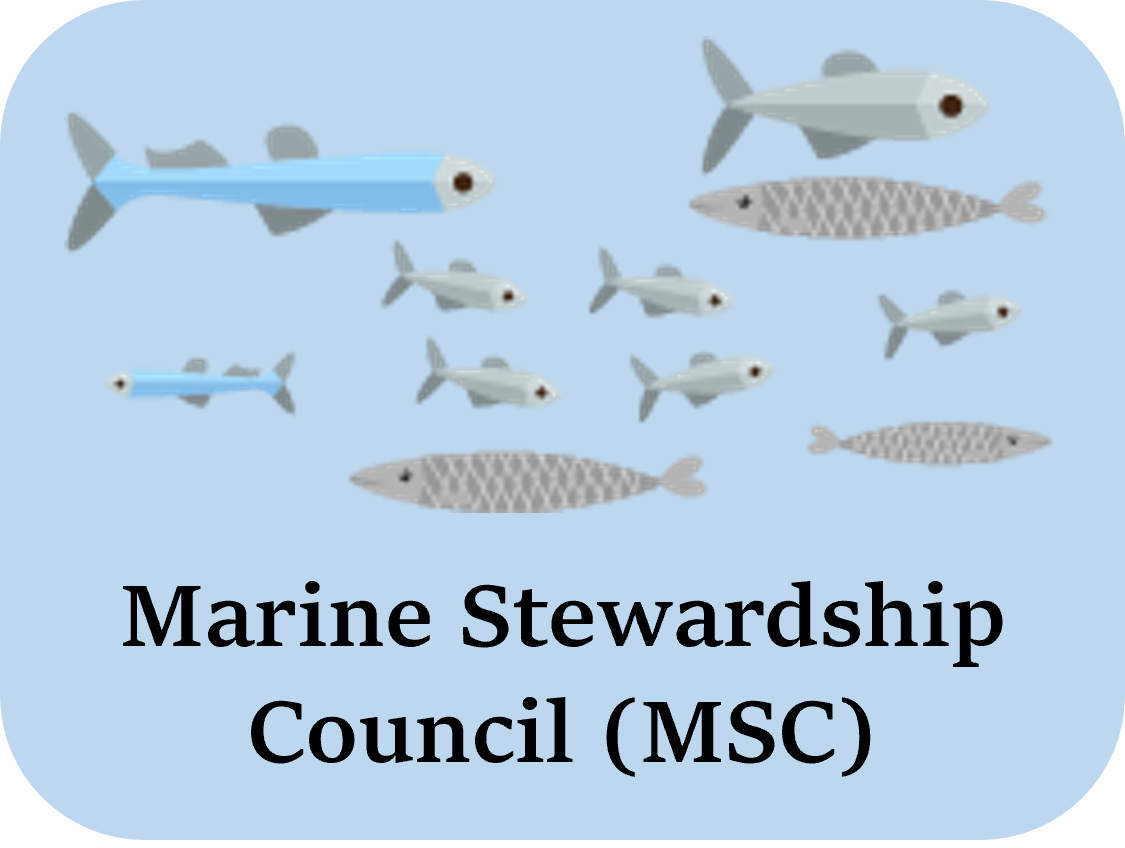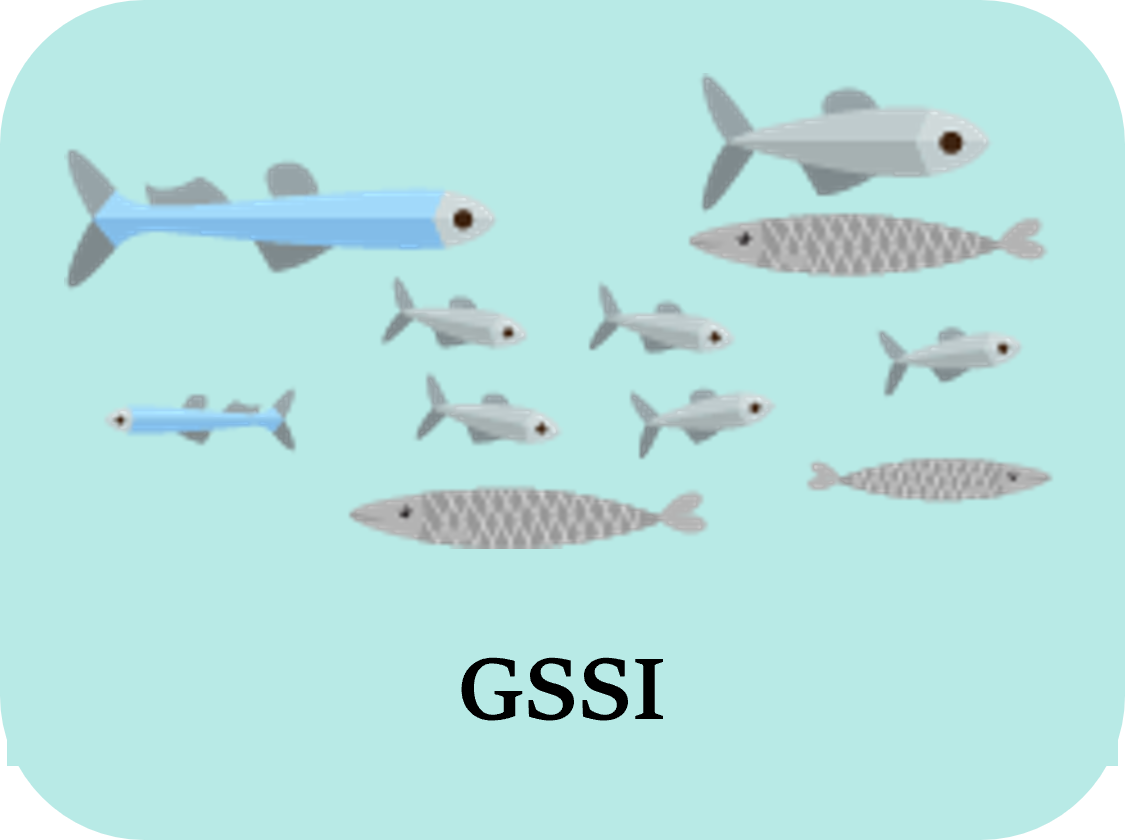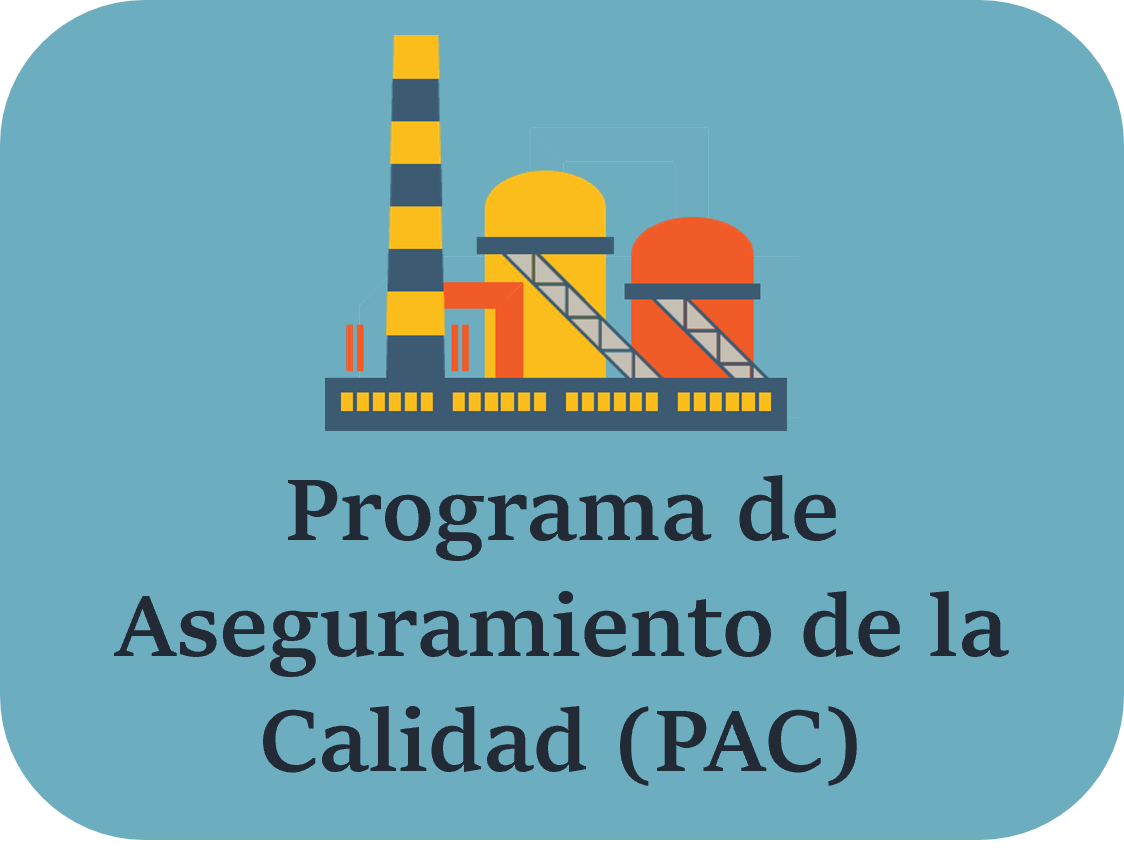MarinTrust is aware of the existence of a wide variety of other fishery and factory Standards and Benchmark Tools. Our recognition procedure, effective as of 1st May 2024, outlines the process by which equivalence can be determined.
By enabling the recognition of other Standards or Benchmark Tools, we are able to:
- reduce unnecessary assessment and/or audit duplication;
- reduce the audit duration for certificate holders and applicants;
- reduce cost for certificate holders and applicants;
- ensure increased market access for Marine ingredients;
- ultimately, increase the availability of responsibly sourced and produced marine ingredients
Process
MarinTrust outlines the process and methodology to be implemented for Standard/Benchmark Tool requirements to be recognised.
As part of this process, as well as assessing the equivalence of Standard and Benchmark Tools against is own requirement, it must be determined that the Standard or Benchmark Tool Owner is credible, robust, and relevant. This is an important step to safeguard the integrity and assurance of the MarinTrust Programme.
Key stages include:
- Stage 1: Initiation of recognition of equivalence process
- Stage 2: Self-assessment
- Stage 3: Third-party equivalency assessment
- Stage 4: Recognition decision and update of documentation
Further information on what these stages entail is outlined below.
Recognised Standards and Benchmark Tools
These are the Standards and Benchmarks tools that are currently recognised under MarinTrust Standard Version 2 and/or Version 3.
Simply click on the icons to open and click again to close.
Marine Stewardship Council (MSC)
Marine Stewardship Council (MSC) Fisheries Standard Version 2.0 was formally recognised under the MarinTrust Programme in January 2021. The MSC Fisheries Standard Version 2.0 was benchmarked against the MarinTrust whole fish fishery assessment requirements V2.0.
The results of the benchmark exercise demonstrated that the MSC Fishery Standard is equivalent to the requirements of the MarinTrust fishery assessment V2.0.
MarinTrust therefore offered a formal recognition of MSC certified fisheries depending on:
-the raw material type;
-the MSC claim held by the facility.
MarinTrust Standard Version 3
Following the effective date of Version 3 of the MarinTrust Standard, equivalency assessment has been conducted by an appointed third party against MarinTrust whole fish fisheries criteria V3 in August and September 2024 in order to maintain MSC Fishery Standard V2.01 recognition status.
The outcome of the equivalency assessment was ‘full recognition’ and MSC fisheries Standard V2.01 maintained its recognition status.
The equivalency assessment results and recommendations report can be found here.
GSSI
Global Sustainable Seafood Initiative’s (GSSI) Global Benchmark Tool Version 2.0, Section D was formally recognised under the MarinTrust programme on 1st April 2025, effective from 1st August 2025.
This recognition applies specifically to small pelagic fisheries for whole fish certified under a GSSI-recognised standard.
In November 2024, a designated third party conducted an equivlancy assessment against MarinTrust Whole Fish Fisheries Criteria Version 3. The outcome was ‘fully equivalent’ recognition of Section D (essential criteria) of the Global Sustainable Seafood Initiative’s (GSSI) Global Benchmark Tool Version 2.0.
The equivalency assessment results and recommendations report can be found here.
Overview of Essential and Supplementary Clauses under GSSI
As Section D, essential criteria, align entirely with MarinTrust’s minimum requirements, any GSSI recognised fishery certification Standard can be assured to meet with the intent of MarinTrust’s whole fish fishery assessment requirements.
The Global Sustainable Seafood Initiative (GSSI) Benchmark Framework is designed to ensure that seafood certification schemes meet internationally accepted standards for sustainability. Within this framework, the criteria are divided into two categories:
• Essential Components (Clauses): These are the core, non-negotiable elements that a certification scheme must meet to achieve GSSI recognition. They reflect international norms, such as those from the FAO, and ensure the fundamental credibility and robustness of the scheme.
• Supplementary Components (Clauses): These go beyond the essential requirements and reflect best practices in the industry. While not mandatory for recognition, meeting supplementary components demonstrates a higher level of performance and commitment to continual improvement.
Section D of the GSSI Benchmark Framework focuses on Fisheries Management, a critical area for sustainable seafood certification. It outlines the requirements a certification scheme must meet to ensure that certified fisheries are managed responsibly and sustainably. This includes:
• The use of science-based stock assessments
• Measures to maintain or restore fish stocks at sustainable levels
• Ecosystem-based management practices
• Effective compliance and enforcement mechanisms
• Transparent decision-making processes involving relevant stakeholders
Section D includes both essential and supplementary clauses. Essential clauses cover the foundational expectations for responsible fisheries management, aligning with the FAO Code of Conduct for Responsible Fisheries. Supplementary clauses encourage schemes to go further by integrating broader ecosystem and social considerations or more rigorous enforcement and governance mechanisms.
Programa de Aseguramiento de la Calidad (PAC)
The Chilean PAC was formally recognised under the MarinTrust Programme in 2019. A full review of equivalency conducted in 2022 confirmed that facilities certified to the Chilean PAC can be considered to have met requirements equivalent to almost all of those set out in Section 3.2 of the factory clauses of the MarinTrust Standard Version 2. For further information, please refer to the Chilean PAC Recognition Summary 2022).
MarinTrust Standard Version 3
Following the effective date of the MarinTrust Standard V3, equivalency assessment was conducted by an appointed third party against subsection 5.2-5.4 of the MarinTrust Standard V 3.0 (Good Manufacturing Practices) in May and June 2024 to maintain Chilean PAC recognition status.
The outcome of the equivalency assessment was ‘partial recognition’ and Chilean PAC maintained its recognition status.
The complete equivalence assessment results and recommendations report can be found here.
GMP+ Production of Feed Ingredients Standard
GMP+ R1.0 is the version that has been benchmarked against Version 3 of the MarinTrust factory standard. Facilities certified to this GMP+ standard with the scope Production of Feed Materials can be considered to have met requirements equivalent to almost all of those set out in the Section 5 of the factory clauses of MarinTrust Standard Version 3.
The previous version of GMP+ (B2) was benchmarked against V2 of the factory standard. Facilities whose certification still falls under this version of GMP+ will continue to have this version recognised whilst they transition to R1.0.
MarinTrust Standard Version 3
The equivalence assessment was performed by a designated third party against subsections 5.2-5.4 of the MarinTrust Standard V3.0 (Good Manufacturing Practices) in May and June 2024.
The result of the equivalence assessment was “partial recognition” and GMP+ maintained its recognition status under the MarinTrust Standard Version 3.0.
The complete equivalence assessment results and recommendations report can be found here.
Feed Materials Assurance Scheme (FEMAS) Version 2.1)
FEMAS is currently recognised under MarinTrust Programme. Facilities certified to the FEMAS can be considered to have met requirements equivalent to almost all of those set out in the Section 3.2 of the factory clauses of MarinTrust Standard Version 2.
MarinTrust Standard Version 3
Following the effective date of the MarinTrust Standard V3, equivalency assessment was conducted by an appointed third party against the subsection 5.2-5.4 of the MarinTrust Standard V 3.0 (Good Manufacturing Practices) in May and June 2024 to maintain FEMAS recognition.
The outcome of the equivalency assessment for FEMAS was ‘partial recognition’ and their recognition was maintained.
The complete equivalence assessment results and recommendations report can be found here.
Read our transition guidance for further details and reach out to us if you have any questions: [email protected].





